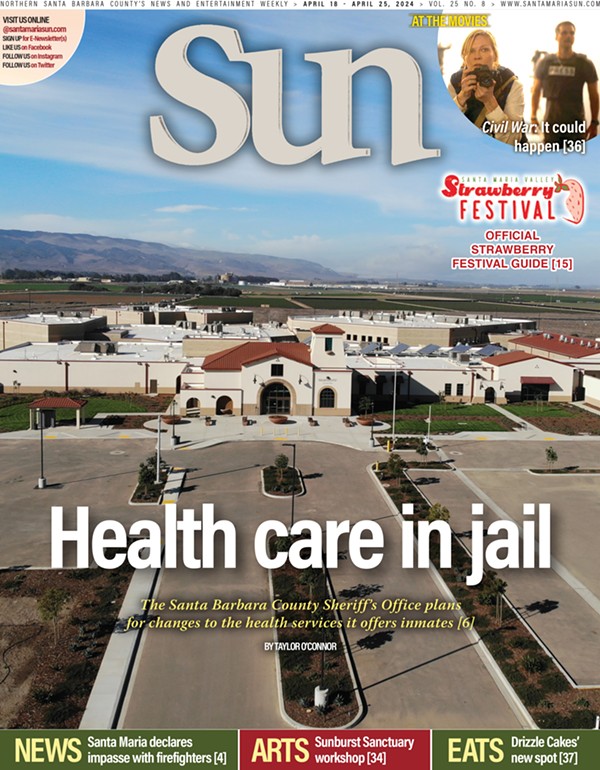Here in Santa Barbara County we have co-existed with the oil industry for a long time and if Measure P passes in November, will continue to do so for a long time to come. The initiative exempts all current oil operations and so does not affect any current oil jobs or revenue. It also doesn’t limit future oil wells using conventional techniques.
What Measure P is designed to do is to head off the expansion of specific, high-risk techniques—fracking, acidizing, and steam injection—that are causing environmental destruction, water contamination, and health impacts in California and elsewhere. While primitive versions of these techniques have existed for decades, advances in the technology have brought a substantial increase in their use, as well as the associated risks and problems.
The question Measure P poses is whether that dramatic increase in risk to Santa Barbara County is worth the small amount of additional oil produced for the benefit of a few.
These processes all use a tremendous amount of water and generate greater air pollution and carbon emissions than conventional oil production. They use toxic chemicals and generate polluted water that can contain arsenic, lead, benzene, radioactive compounds, and other dangerous substances that can contaminate water via spills, high well casing failure rates, and other means and put our health at risk. This polluted water must be re-injected underground to dispose of it. But places that use this process, like Ohio and Oklahoma, have seen an increase in earthquakes.
The oil companies tell you this is safe, but the oil regulators disagree. In California, the state Department of Oil and Gas recently shut down 11 wastewater injection wells over concerns they were being injected directly into aquifers used for drinking water. The EPA has just released a report saying that monitoring of injection wells is insufficient, specifically stating that, “The safeguards do not address emerging underground injection risks, such as seismic activity and overly high pressure in geologic formations leading to surface outbreaks of fluids.”
Santa Barbara County has little water to spare even in the best of years, let alone a time of extreme drought. Many communities near oil fields like Lompoc, Vandenberg Village, Orcutt, and Los Alamos are completely dependent on groundwater that could be contaminated by large proposed oil projects. Our County is riddled with fault lines capable of large earthquakes. Our economy is based on farming, wine, tourism, technology, and a healthy environment that are put at risk by nearby high-intensity oil extraction. Agriculture alone contributes $2.8 billion to the local economy.
Extreme oil extraction creates few jobs, and many of these are temporary or imported specialists. The small increase in oil production we’d see from these techniques is not worth the risk to the other 99 percent of our economy, our population, our health, our food, and our irreplaceable resources.
Instead of drilling for more oil here in Santa Barbara County, we should be taking active steps to cut our dependence on fossil fuels in order to reduce our impact on global warming and help move California into a cleaner, 21st-century energy economy. Voting yes on Measure P is the best way to move us toward that goal.
Katie Davis is a volunteer with the SB County Water Guardians and VoteYesOnP.org.








